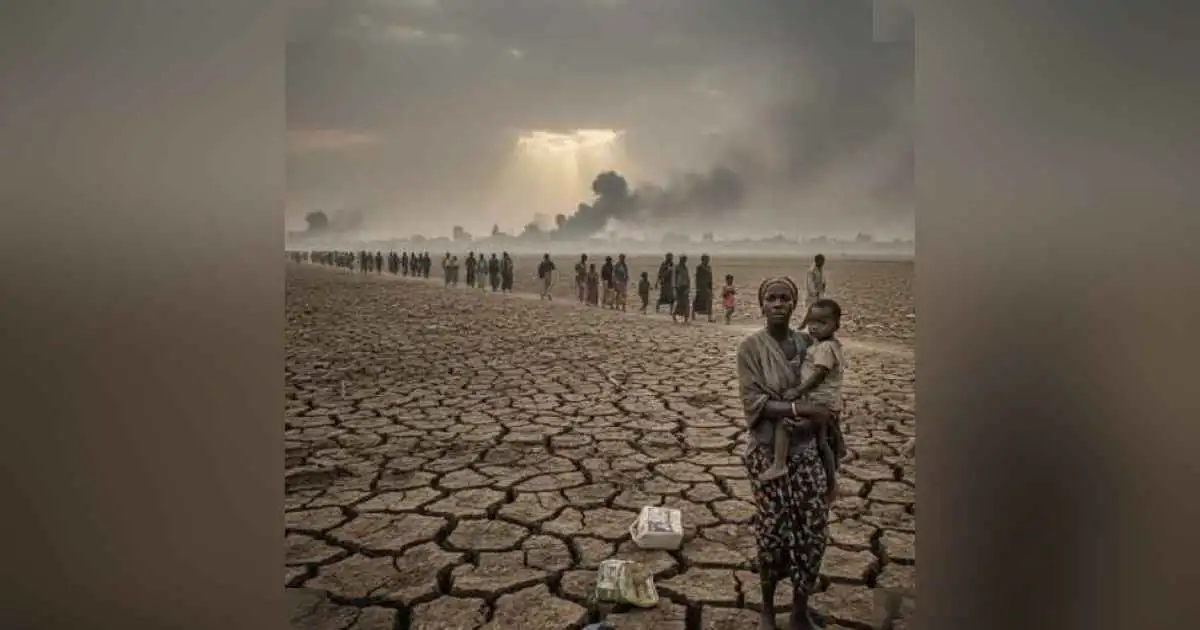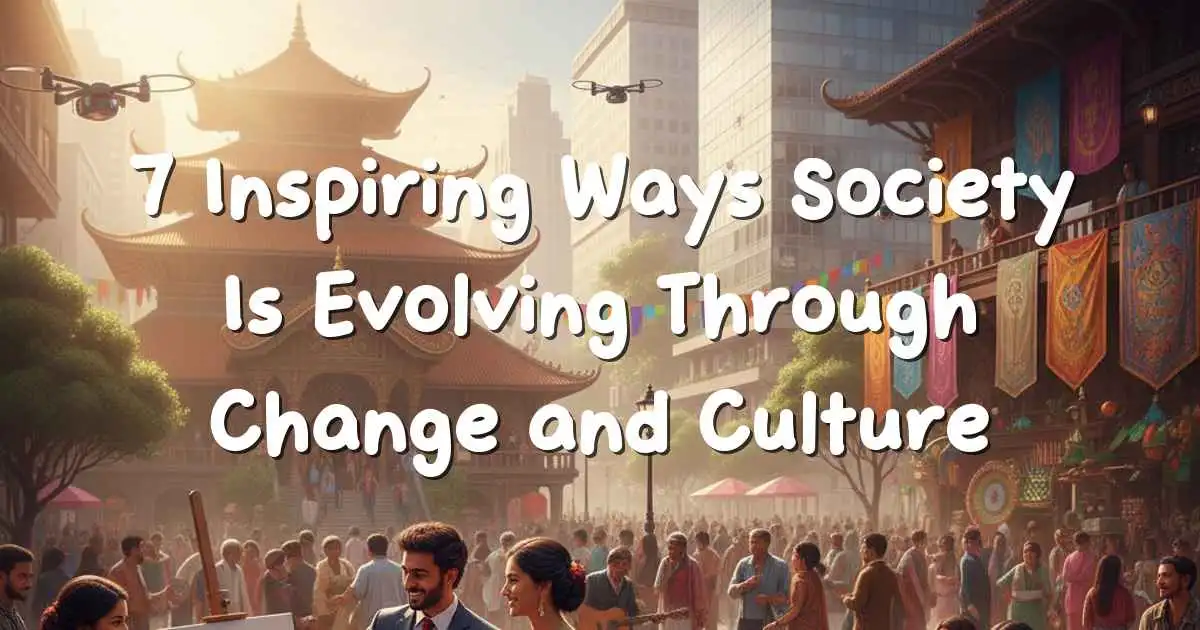Sudan looms large in global headlines these days yet beneath the surface lies a multidimensional crisis that too often escapes deep scrutiny. The war that erupted in April 2023, the explosion of famine, and the recent U.S. government determination of genocide in Darfur are not isolated events but interconnected symptoms of a nation unraveling. For the international community and the Sudanese diaspora, understanding the complexities is vital both to advocate for Change and to offer meaningful solidarity.
1. From Coup to Civil War: The Fault Lines
In October 2021, Sudan’s fragile transition to civilian rule was interrupted by a military coup. The two dominant security forces the Sudan Armed Forces (SAF) Under General Abdel Fattah al-Burhan and the Rapid Support Forces (RSF) led by Mohamed “Hemedti” Dagalo soon found themselves at odds over power and integration.
Tensions boiled over on 15 April 2023, when the RSF launched attacks on key military installations across Khartoum and elsewhere. What began as a power struggle quickly spiraled into full-scale war engulfing multiple regions of the country.
In Darfur in particular, the RSF is the heir to the former Janjaweed militias armed, organized, and with a history of brutal campaigns against non-Arab communities. The conflict has revived old patterns of ethnic targeting and mass atrocities.
2. Darfur: History Repeats Itself
Darfur is not new to Catastrophe. In the early 2000s, government forces and Janjaweed militias waged a scorched-earth campaign against the Fur, Zaghawa, and Masalit communities. That campaign accounted for up to 300,000 deaths and the displacement of millions. In some quarters, the word “genocide” was used at the time, and indictments were brought by the International Criminal Court (ICC).
Fast forward to the post-2023 conflict, and many of the same actors and tactics have resurfaced. The RSF and affiliated militias have been accused of mass killings, village burnings, rape, forced expulsions, and looting, often targeting Black African tribes. (Refugees International) Reports from Darfur now echo descriptions from two decades ago even in some of the same towns.
A particularly stark milestone came on 7 January 2025, when the U.S. Secretary of State formally declared that RSF and allied militias had committed genocide in Darfur marking a rare and grave international recognition. This determination rests on evidence of systematic killing, sexual violence, and use of famine as a weapon against ethnic communities.
Yet such declarations often come with limited enforcement. The ICC has ongoing Darfur investigations, but challenges of access, witness protection, and political will persist. (International Criminal Court)
3. Famine: The Silent Weapon
Violence is only part of the story. As the war rages, hunger is sweeping across Sudan. In August 2024, a famine determination was confirmed in North Darfur specifically the Zamzam camp near al-Fashir where besiegement and blockage of aid have prevented life-saving relief. (Reuters)
By 2025, nearly 25 million Sudanese about half the population face acute hunger. In the Zamzam camp alone, malnutrition rates and daily death estimates have been grim ranging from 1.5 to 2.4 deaths per 10,000 per day in some assessments. Some reports estimate that over 522,000 children may have already died from malnutrition during the conflict.
This famine is not a natural disaster it is manmade. All sides have contributed Through siege tactics, destruction of crops, looting of aid convoys, and blockage of humanitarian corridors. (Wikipedia) In some areas, the RSF has blocked aid operations outright, imposing bureaucratic hurdles and forcing selected vendors, thereby diverting or delaying relief.
In Darfur, famine is compounding the impact of direct violence: people trapped by fighting cannot leave, cannot cultivate crops, and often cannot access water or markets. Many deaths are expected to come from disease and starvation if humanitarian scale-up does not occur.
4. The Humanitarian Vacuum
Sudan now hosts one of the world’s largest displacement crises. Over 12 million people are internally displaced; several million more have fled to neighboring countries. (Global Centre for R2P) Access for relief agencies is increasingly restricted many areas are under siege, roads cut, air routes blocked, and aid workers threatened. (AP News)
In Darfur, paramilitary forces have attacked displacement camps, hospitals, and aid convoys. In some cases, entire clinics were destroyed or killed. The al-Arqam shelter in El Fasher, for instance, was struck by shelling and drones, killing dozens of displaced civilians and women and children in particular. Humanitarian officials have repeatedly warned that obstruction by the RSF is preventing life-saving aid from reaching famine-hit populations.
Despite this, global aid remains woefully underfunded. In many instances, funding covers only a fraction of the need. Meanwhile, with limited diplomacy and few enforcement mechanisms, many victims remain trapped between war and starvation.
5. Why It Matters to the International Community and the Diaspora
A. A test of international norms
When genocide is declared (as with Darfur in January 2025), it triggers obligations under the Genocide Convention. But without credible pressure and follow-through, such declarations risk becoming symbolic. The world must ask: if Darfur does not galvanize a robust response, where is the deterrent against future atrocities?
B. Regional stability and spillover
A destabilized Sudan threatens neighboring countries Chad, South Sudan, Ethiopia, and others. Refugee flows, cross-border insurgencies, and economic collapse risk regional meltdown.
C. Moral duty and memory
The Sudanese diaspora and global advocates carry a moral responsibility to remember and act. When crises are treated as spectacles rather than enduring obligations, the victims become footnotes. Keeping attention alive helps pressure governments and institutions to act not merely gesture.
D. Learning from past failures
Past Darfur responses were plagued by delayed intervention, weak mandates, and geopolitical paralysis. The current crisis offers an opportunity to refine accountability, early warning systems, and prevent future allowability of mass crimes.
How To: Practical Steps for Advocacy and Awareness
Below is a suggested roadmap for individuals, diaspora communities, NGOs, and policymakers:
-
- Educate yourself deeply and reliably
- Read independent reports (e.g. UN, Human Rights Watch, Refugees International)
- Attend webinars, panels, and academic briefings
- Use verified sources, not social media hearsay
- Amplify survivor voices
- Share recorded testimonies, interviews, and first-person essays
- Partner with Sudanese journalists and refugee networks
- Translate and disseminate materials in multiple languages
- Engage policymakers and diplomats
- Lobby your country’s foreign ministry or parliament to push for sanctions, independent investigations, and enforcement mechanisms
- Support resolutions at UN bodies, the African Union, and the International Criminal Court
- Write op-eds, send letters, and request public hearings
- Support humanitarian relief
- Donate to reputable agencies providing food, shelter, and medical aid
- Sponsor “adopt-a-camp” campaigns or targeted fundraisers
- Monitor and publicize accountability of aid – ensure transparency
- Mobilize in diaspora/faith communities
- Organize awareness events, vigils, film screenings
- Lobby local governments and UN missions
- Create educational booklets or pamphlets in native and host country languages
Frequently Asked Questions (FAQs)
1. Has famine really been declared in Sudan?
Yes. In August 2024, the Integrated Food Security Phase Classification (IPC) committee confirmed famine conditions in parts of North Darfur, particularly in Zamzam camp near al-Fashir, due to the war and blocked humanitarian access.
2. What does “genocide determination” by the U.S. mean in practical terms?
On 7 January 2025, the U.S. Secretary of State declared that RSF and allied militias committed genocide in Darfur, triggering sanctions on the RSF leadership and related entities. This determination also heightens pressure for international legal action and diplomatic accountability.
3. Can the ICC prosecute perpetrators now?
The ICC already has a long-standing investigation into Darfur crimes dating from 2002 onward. However, prosecuting post-2023 atrocities depends on access, evidence gathering, witness protection, and cooperation from states all of which are challenging in active conflict zones.
4. Why is the diaspora’s role so important?
Diaspora networks can maintain attention, pressure host governments to act, amplify voices of survivors, facilitate fundraising, provide translation and bridge between global publics and local actors and hold institutions accountable when media attention wanes.
5. What can ordinary citizens do today to help?
You can (a) learn from reliable sources, (b) share verified stories, (c) support humanitarian NGOs with transparency, (d) lobby your representatives to take diplomatic or legal action, and (e) engage community forums or faith organizations to keep the subject alive.




